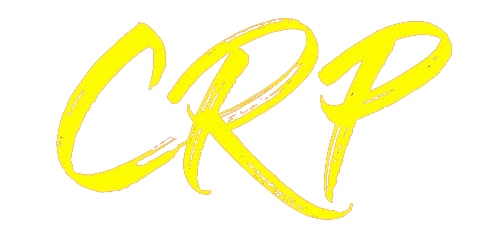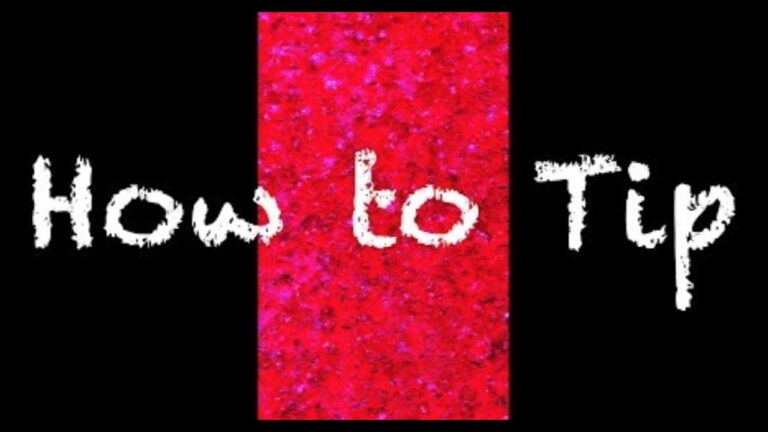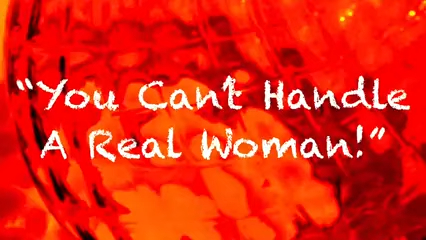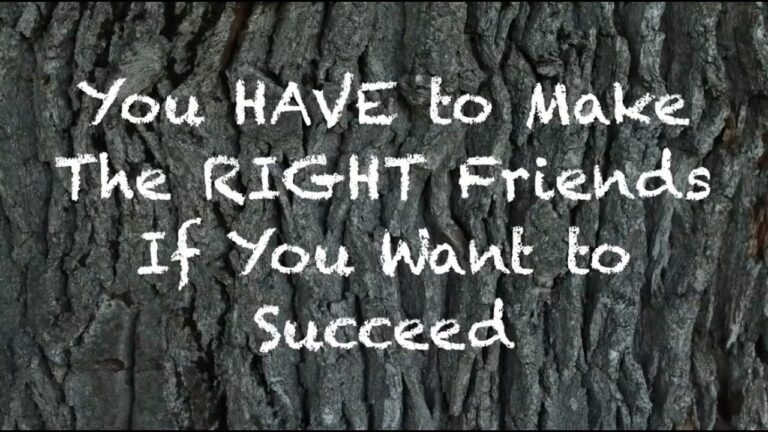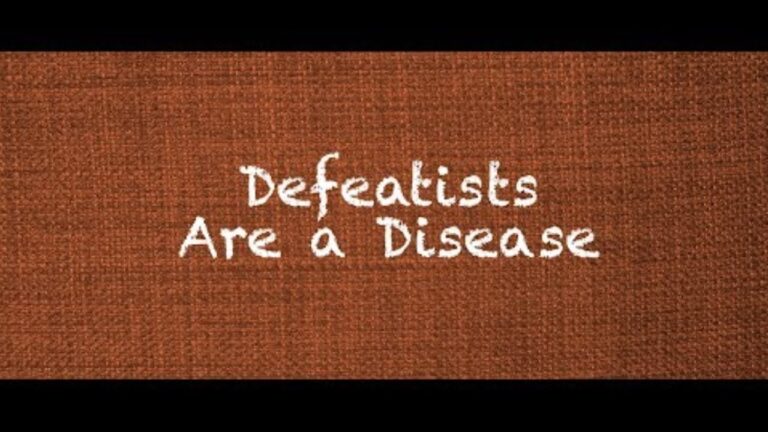Most People Are Sheeple
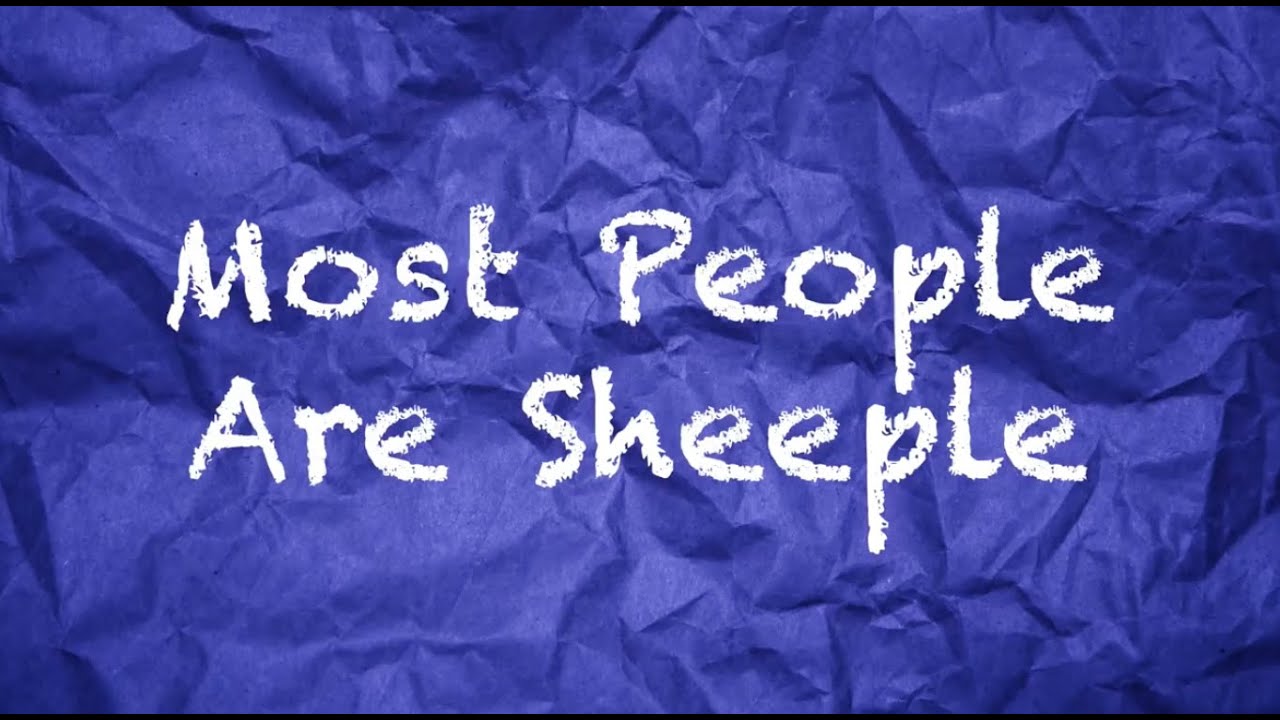
The Life of Sheep: A Metaphor for Society
Sheep, a combination of the words “she” and “people,” live a seemingly comfortable but ultimately constrained life. Let’s delve into the metaphorical significance of the life of sheep and how it reflects aspects of society.
The Comfortable Life of Sheep
Sheep live a relatively comfortable life. They wake up in their pens, are let out into a field to graze, and are generally left to their own devices. They have no worries about where their next meal is coming from or making big decisions. Sheep simply go about their day, reacting to external stimuli like barking dogs, grazing on grass, and hanging out with other sheep. Every so often, they get sheared, but this process is not painful for them. Overall, the life of a sheep seems pretty easy and comfortable.
The Lack of Agency in Sheep
Despite the comfortable life they lead, sheep have no agency. They are slaves to their owners, the farmers, and the dogs that bark at them. Whether through direct orders from the farmer or the intervention of a barking dog, sheep have no control over their lives. This lack of agency can be likened to a form of slavery, where sheep are at the mercy of external forces.
The Allegory for Human Existence
The life of sheep serves as a powerful allegory for human existence. Just like sheep, many people are comfortable in their slavery, unaware of the chains that bind them. They believe they live in a free society, yet they are controlled by ideologies and external forces that limit their choices and freedoms.
The Illusion of Democracy and Capitalism
Many people believe they live in a democratic society and a free-market economy, but these are often just illusions. The range of acceptable opinions in politics is narrow, and politicians offer limited solutions to complex problems. Similarly, the idea of a free-market capitalist society is often overshadowed by monopolies and oligarchies that limit competition and choice.
The Dangers of Ideological Chains
People cling to ideologies like liberals, conservatives, or libertarians, believing that one set of beliefs holds all the answers. However, true individuality lies in constant doubt and willingness to challenge deeply held beliefs for a better understanding of the world. Those who proclaim themselves as free thinkers may be fooling themselves and falling into the trap of a bigger ideological cage.
The Importance of Humility and Self-Reflection
To avoid being trapped in ideological chains, one must be humble and open to the possibility of being wrong about everything. Constant self-reflection and a willingness to drop cherished beliefs when proven wrong is key to true individuality and freedom of thought.
